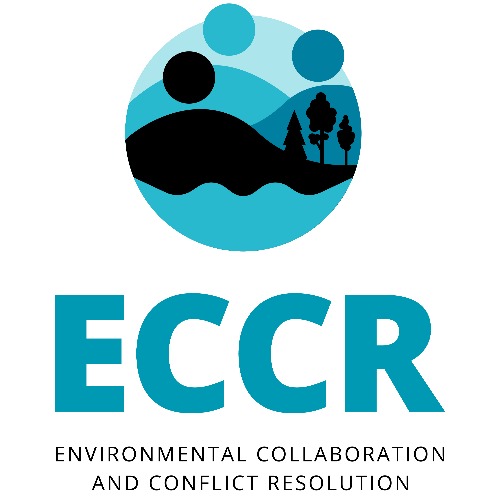
Leaders
Contact persons
The main aim of this research group is to analyse the local, bilateral and multilateral environmental governance interventions and agreements. We also study policy changes and strategical processes, such as the transition towards a circular and bio-based economy.
The conceptual understanding of responsive collaborative governance of natural resources is an example of our current research challenge. Globally, there are efforts to support the transition towards the circular and bio-based economy and to reform natural resources governance in an attempt to respond to local circumstances while mitigating global climate change. We approach these interventions, agreements and processes not only as mechanisms for policy implementation, climate change mitigation and greater environmental legality but also as mechanisms for environmental governance that can lead to major changes in natural resources governance and responsiveness among actors.
Our research group directs its focus on relevant issues, including distribution of benefits, costs, risks and opportunities for land use, forest management and natural resources utilisation as well as on roles and resources among policy actors, private sector, user groups and the local communities and citizens, such as youth involved. The main interests of this research include changes in actors’ participation in the various processes and instruments as well as the transparency of the processes in which important decisions about forest and land resources are made. We are also interested in context-specific impacts on responsiveness between different actors, and access and rights to resources is an important concept of inquiry.
The Responsive Natural Resources Governance Research Group focuses on a number of case study countries, including Finland, Russia, Laos, Indonesia, Nepal, India, Mexico, Mozambique and Tanzania.
Cooperation
Keywords
Leaders
Senior Researchers
-

Antti Erkkilä
Visiting ResearcherDepartment of Geographical and Historical Studies, Faculty of Social Sciences and Business Studies -

Hanna Laako
Senior ResearcherDepartment of Social Sciences, Faculty of Social Sciences and Business Studies
Post-doctoral Researchers
-
Tiina Jääskeläinen
Project ResearcherDepartment of Geographical and Historical Studies, Faculty of Social Sciences and Business Studies -

Diana Carolina Arbelaez Ruiz
Postdoctoral ResearcherDepartment of Geographical and Historical Studies, Faculty of Social Sciences and Business Studies -
Timo Haapasalo
Postdoctoral ResearcherDepartment of Geographical and Historical Studies, Faculty of Social Sciences and Business Studies
Doctoral Researchers
-

Denis Dobrynin
Project ResearcherSchool of Forest Sciences, Faculty of Science, Forestry and Technology -

Virpi Pakarinen
Doctoral ResearcherDepartment of Geographical and Historical Studies, Faculty of Social Sciences and Business Studies -

Ida-Maria Herdieckerhoff
Doctoral ResearcherDepartment of Geographical and Historical Studies, Faculty of Social Sciences and Business Studies -

Anna Mustonen
Doctoral ResearcherDepartment of Geographical and Historical Studies, Faculty of Social Sciences and Business Studies -
Niko Nesterinen
Doctoral ResearcherDepartment of Geographical and Historical Studies, Faculty of Social Sciences and Business Studies -

Juni Sinkkonen
Doctoral ResearcherDepartment of Geographical and Historical Studies, Faculty of Social Sciences and Business Studies
Contact persons
Other group members
-
Edda Tandi Lwoga, Deputy Rector, Professor, College of Business Education (CBE), TANZANIA
-
Aristarik H. Maro, Senior Librarian and Lecturer, The Law School of Tanzania; Public Lead of CC, TANZANIA
-
Ubaldus J. Tumaini, PhD in Development Studies, Lecturer, College of Business Education (CBE), TANZANIA
-
Tuyeni Heita Mwampamba, Associate Professor, National Autonomous University of Mexico
-
J. Fernando Galindo, senior researcher, the Higher University of San Simón (Universidad Mayor de San Simón), Cochabamba, Bolivia


